
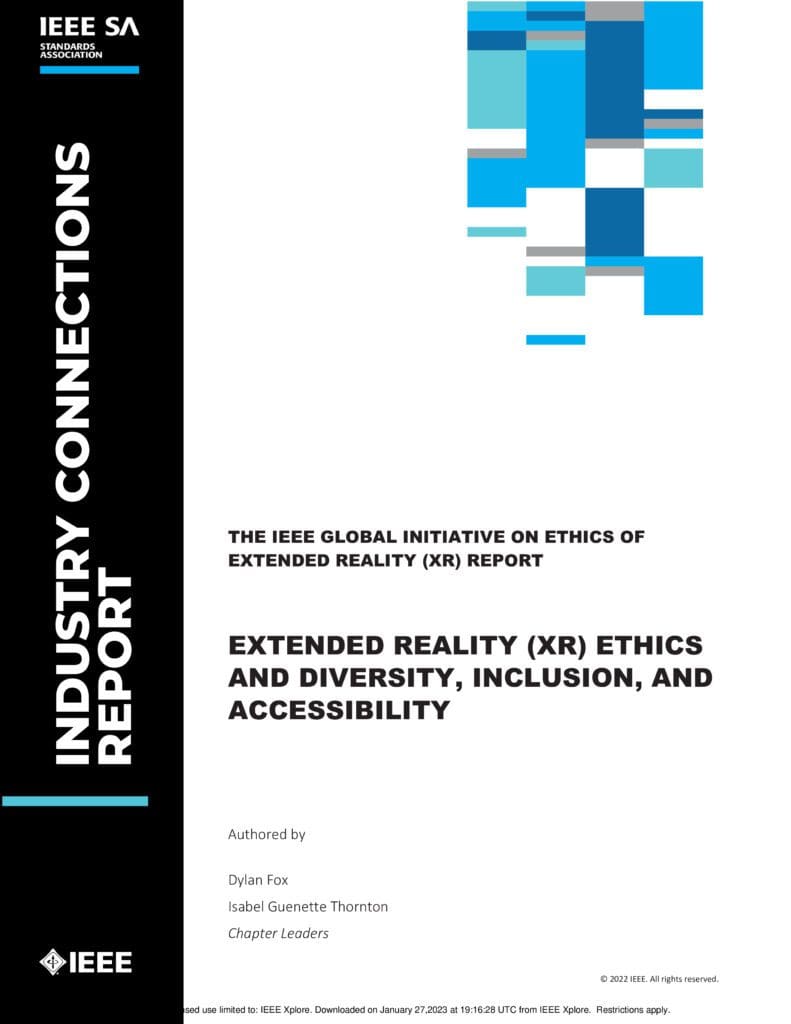

The IEEE Global Initiative on Ethics of Extended Reality (XR) Report--Business, Finance, and Economics
The scope of this report is the exploration of ethics-related issues in XR business models, and the aim is to initiate expert-driven, multidiscipline analysis of the evolving XR Ethics requirements, with a vision to propose solutions, technologies, and standards in future updates. The set of recommendations within this report will…
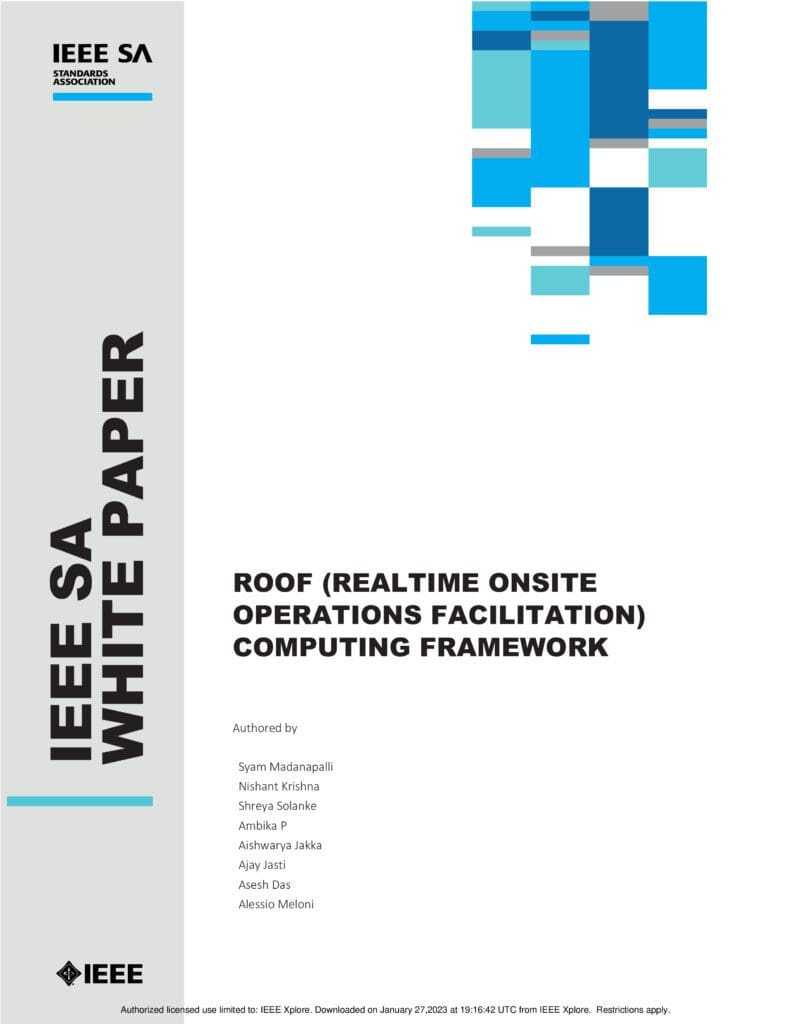
ROOF (Realtime Onsite Operations Facilitation) Computing Framework
Real-Time Operations Facilitations or ROOF is a class of computational framework for Edge Computing with Internet of Things (IoT). The ROOF framework provides support for building scalable, secure, and robust Internet of Things applications with limited tools in resource constrained situations. The ROOF helps in developing federated architecture for large…
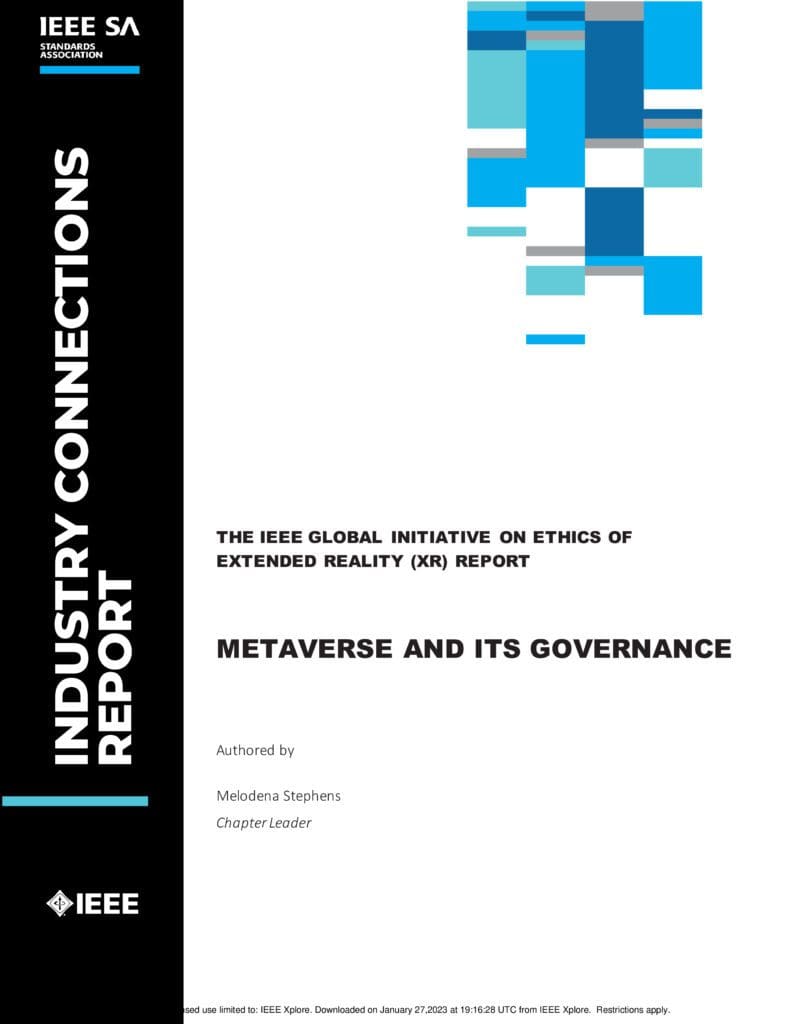
The IEEE Global Initiative on Ethics of Extended Reality (XR) Report--Metaverse and Its Governance
This report focuses on the growing governance gaps between the potential of extended reality (XR), the popularity of the term metaverse, and the scale of the adoption of metaverse. While the metaverse as a concept is an advanced level of XR, we are not at that stage yet. However, there…
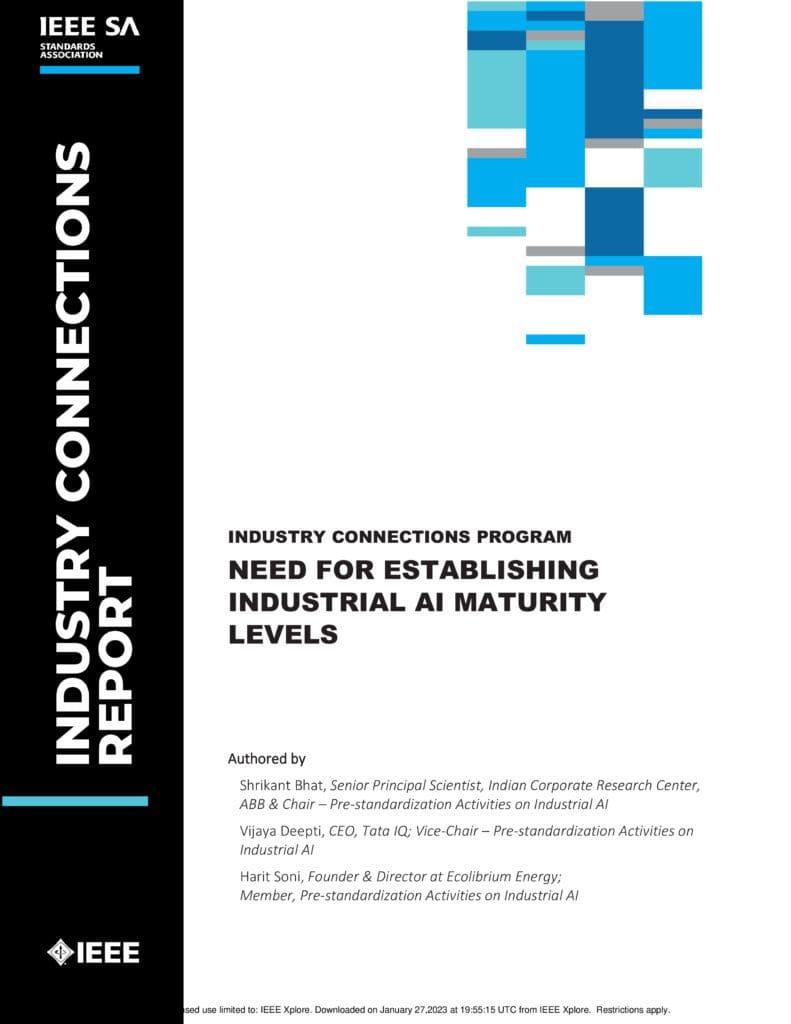
Industry Connections Program--Need for Establishing Industrial AI Maturity Levels
This white paper touches upon some important focus areas that can be of help in establishing a framework for determining industrial AI maturity levels. This includes establishing both technical as well as organizational readiness and sub-criteria therein for various AI maturity phases starting from exploration, experimentation, stabilization, expansion, and leading…

IEEE 3D Body Processing Industry Connection--Assets and Transformations Definitions
Five unified definitions for the 3D Body Processing ecosystem were created to harmonize resource exchange to enable or improve interoperability, communication, and security, thereby facilitating reformations across sectors and industries. Definitions regarding long-standing communication challenges in both the value chain for consumers and the supply chain for manufacturers and service…
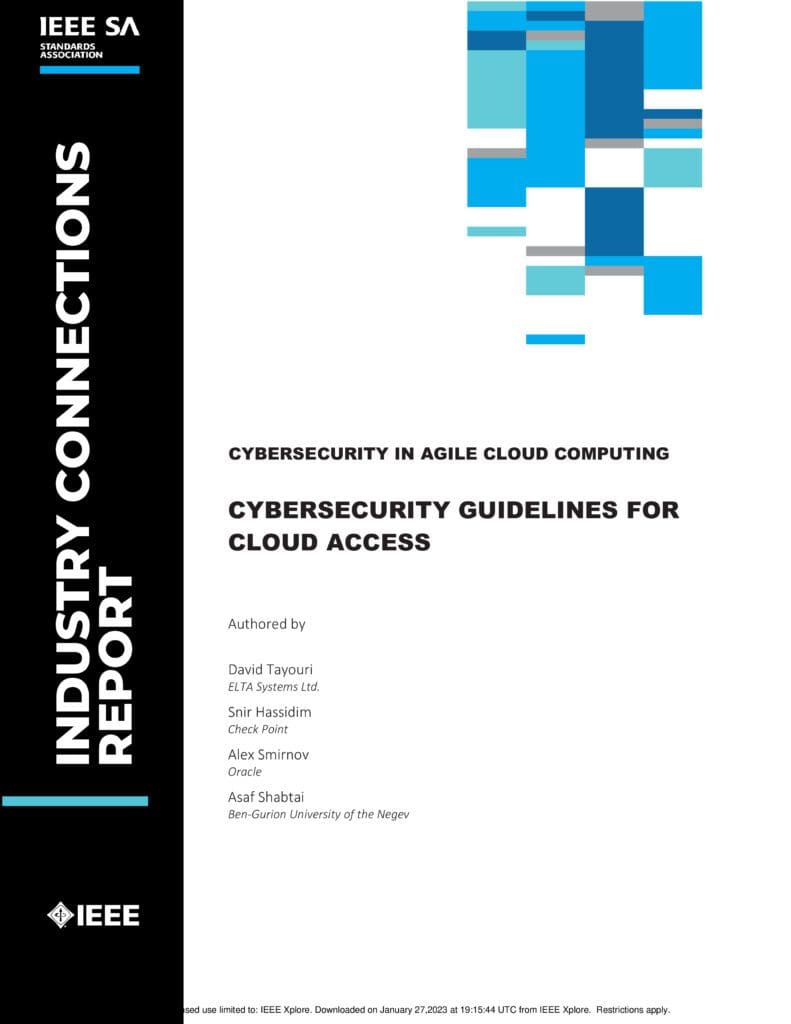
Cybersecurity in Agile Cloud Computing--Cybersecurity Guidelines for Cloud Access
Organizations demand immediate, uninterrupted access for their users, no matter where they are located. Digital business transformation efforts, adopting Software as a Service (SaaS), working from home (especially following the COVID-19 pandemic), and emerging edge computing platforms have changed how enterprises work. Digital business transformation requires anywhere, anytime access to…
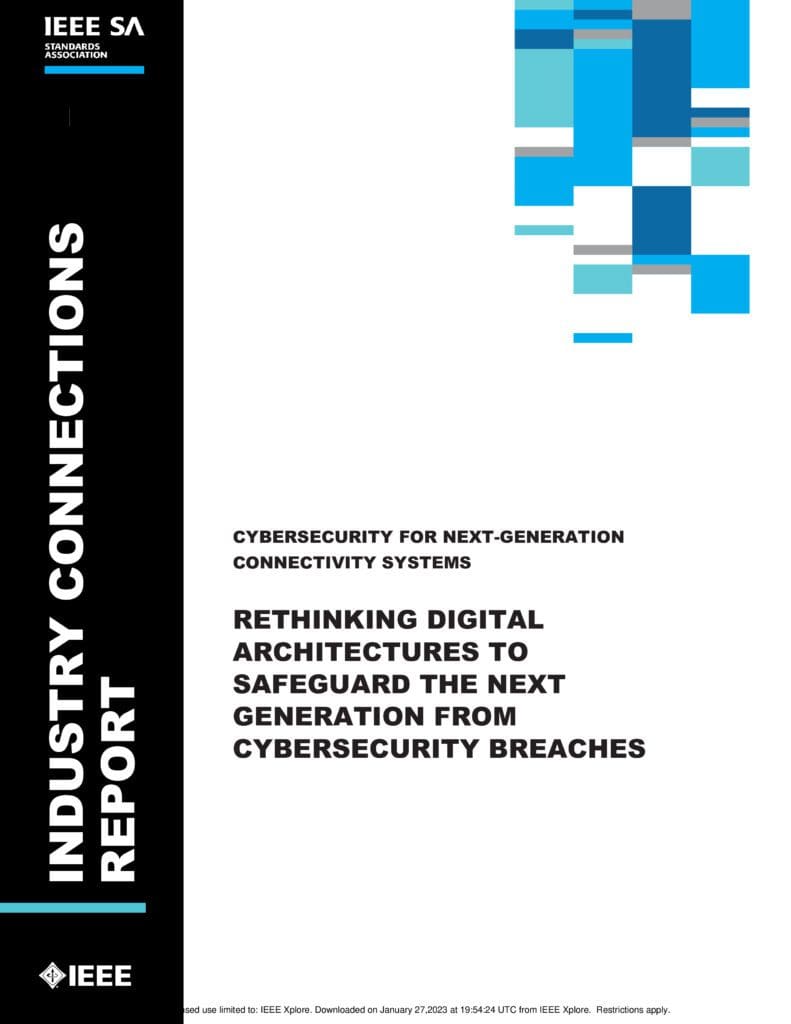
Cybersecurity for Next-Generation Connectivity Systems--Rethinking Digital Architectures to Safeguard the Next Generation From Cybersecurity Breaches
This paper outlines the reasons why next-generation architecture is needed that can protect technology, systems, networks, and data in a dynamic risk environment. Although the Internet is integral to the flow of information across the globe and national boundaries, it was not built for the highly sensitive, critical data we…
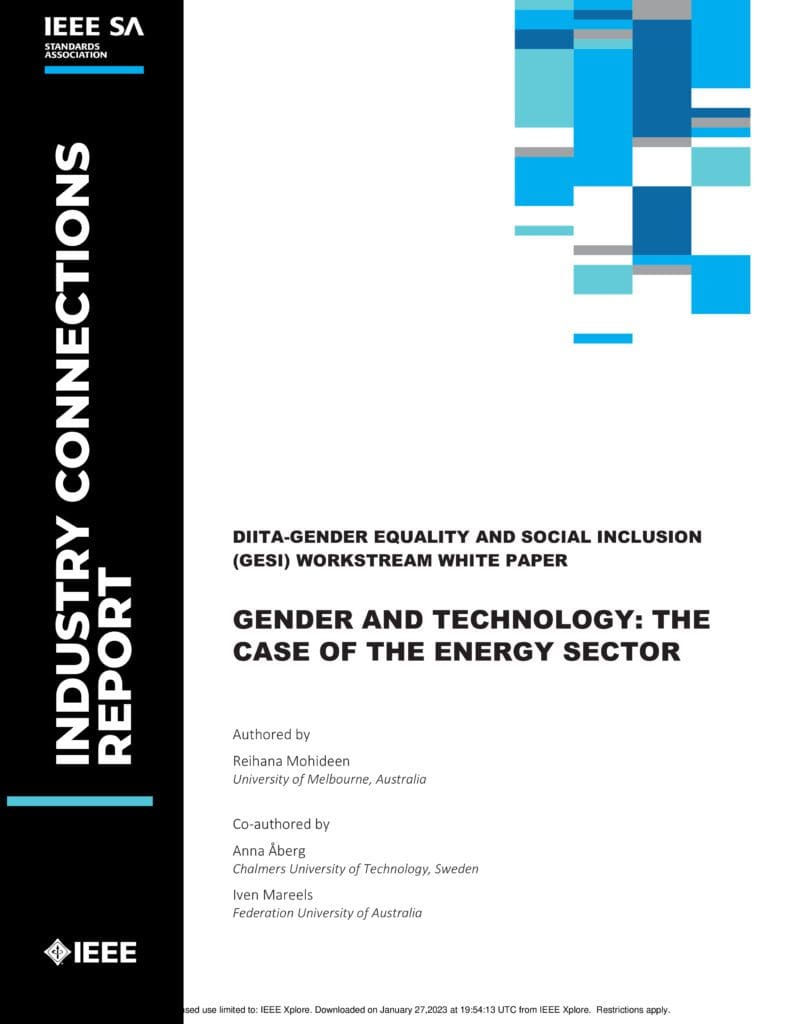
DIITA-Gender Equality and Social Inclusion (GESI) Workstream White Paper - Gender and Technology: The Case of the Energy Sector
Energy policy is often formulated in a gender-neutral manner; that is, it is assumed by policy makers that women and men use and benefit equally from current energy systems. However, research shows that energy policy is, in fact, gender blind--policies are incorrectly considered neutral by policy makers since they ignore…
